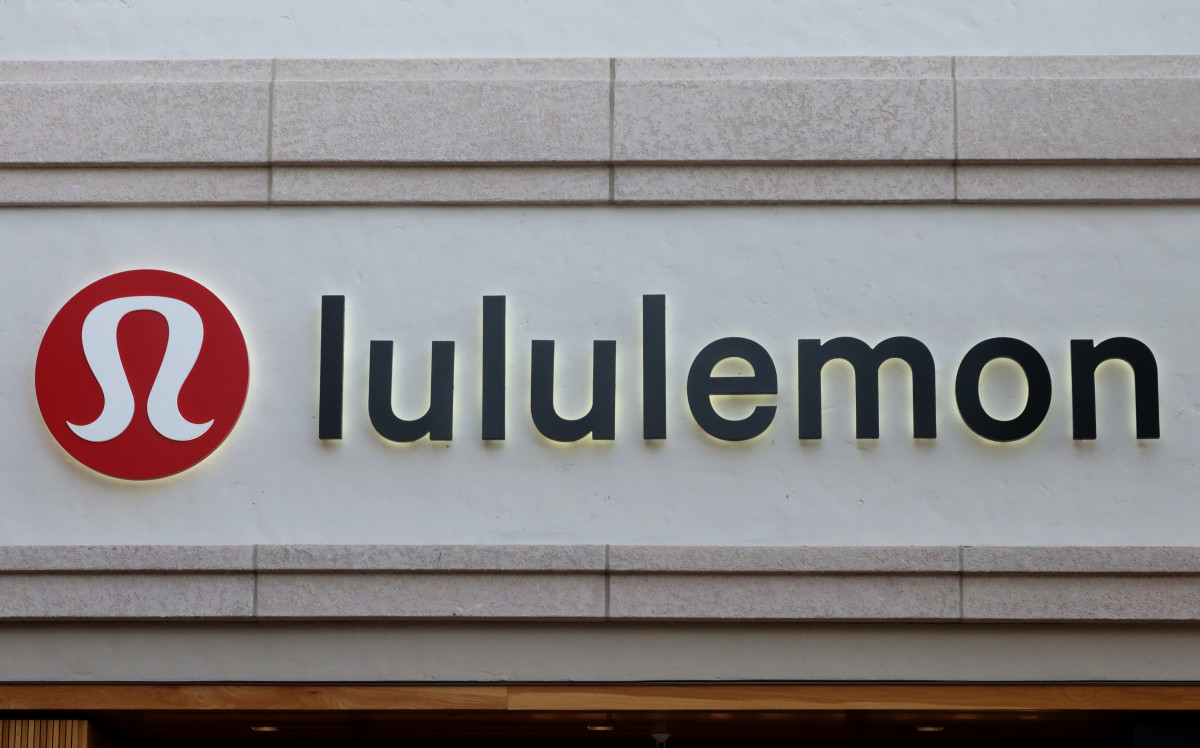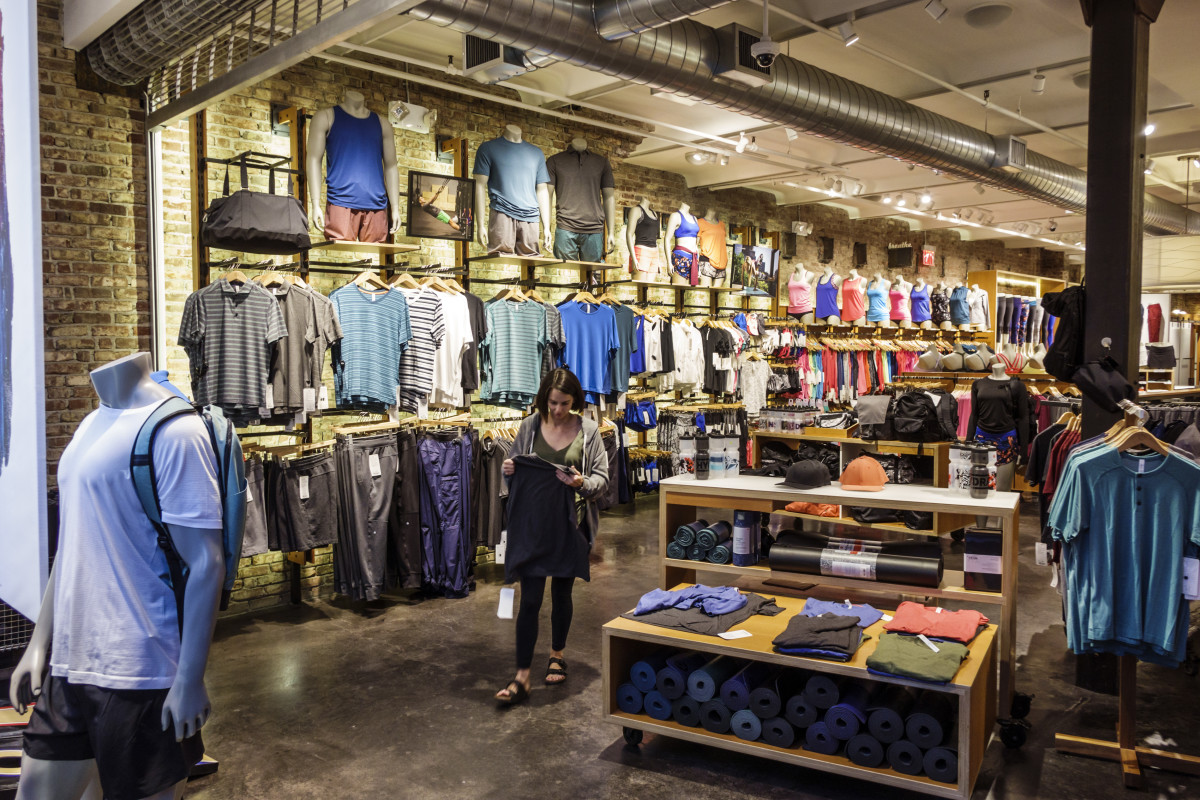
If there's one key to crafting success in the world of sportswear and athletic apparel, it's that you don't do anything quietly.
Brands like Nike tend toward bright, eye catching colors. Adidas opts for funky footwear silhouettes. Puma goes for a more streamlined, futuristic approach. And Hoka blew the whole thing up by offering chunky sneakers that somehow appeal to the whole family.
Related: Former Home Depot CEO sounds the alarm on 'silent killer'
Perhaps no brand has mastered the art of subtle disruption better than Lululemon, which instead is popular for muted colors, toned down branding, and popular materials you just have to feel to believe are real.
Lululemon is popular among everyone from busy suburban moms at the local cycling studio to high school students and golfers. And part of the reason it's had such staying power is because it sells subtle designs that work for a lot of different activities at a premium price. And as is the case with so many contemporary popular brands, a bigger price tag typically means more street cred among your peers.
A pair of Lulu's Align yoga leggings, for example, typically retail for around $100 and are available in a myriad of colors (some of which are limited edition) and are routinely sold out in popular sizes online and in stores.

But Lululemon isn't impervious
Lululemon has enjoyed years of relatively untouched supremacy in the lounge and yoga space; it's routinely ranked one of the top brands among teens and has reported back-to-back bumper earnings throughout and after the pandemic.
But its former CEO has notoriously raised concerns that the brand had begun losing its way, trying to outdo competition by becoming it instead of innovating beyond.
“[Lululemon is] trying to become like the Gap, everything to everybody,” former CEO and founder Chip Wilson said in early 2024. “And I think the definition of a brand is that you’re not everything to everybody."
Related: Sam’s Club customers threaten to end membership over new policy
Current CEO Calvin McDonald echoed similar concerns about the brand's slipping popularity during its most recent Q1 earnings call.
"We've seen a slower start to the year due to several internal factors including missed opportunity in women's and bags, which we are actively addressing, and some ongoing choppiness in the consumer environment," he explained.
"When looking at women's, we did not maximize the business in the U.S., which was the result of several missed opportunities including a color palette and our core assortment, particularly in leggings that was too narrow."
Jeffries analyst raises alarm on Lululemon
It's not just internal management that's aware of Lululemon's precarious positioning.
Other competitors, such as Alo Yoga, Vuori, Fabletics, and – yes –even Gap have begun to mimic what Lululemon is doing at a fraction of its pricing. And analysts are taking notice.
More Retail:
- Ulta CEO sounds the alarm on a growing problem
- Lululemon releases a first-of-its-kind product
- Target store introduces a new 'over 18' policy
- Amazon launches genius new subscription product
Jefferies, via analyst Randal Konik, lowered its price target for Lululemon stock from $240 to $220 on July 10. It is maintaining an Underperform rating on the stock.
Jefferies says it foresees a parallel between Lululemon's supremacy now with Coach's popularity in the early 2010s, when the market had been saturated and ripe for disruption. At the time, Coach wasn't innovating or experimenting with new styles, colors or demographics, and Michael Kors quickly swept in to grab bored shoppers with an exciting new brand. It foresees something similar happening now with Lululemon.
This isn't Jefferies' first downgrade of Lululemon. In May, Konik dropped his price target to $240 after foreseeing its struggle with color as another potential pitfall.
"Of particular concern is Lululemon’s fashion choices. The color assortment is lacking, Konik notes, as is the total of merchandise on sale racks. In addition, there is a large amount of unsold outerwear during the time of year when outerwear demand is at its lowest," Tip Ranks wrote of Konik's call.
"At any rate, Lululemon is suffering under changing tastes and rising competition, not to mention customer spending habits that have been hit hard by rising inflation."
Related: Veteran fund manager picks favorite stocks for 2024







